Analog key detection or magnetic precision? Find out which input method truly gives gamers the edge.
As gaming peripherals evolve, keyboards have undergone a dramatic transformation — from membrane, to mechanical, to now the era of Analog Keyboards and Magnetic Switch Keyboards (Hall Effect). But what do these terms really mean for you as a gamer? And more importantly, which one is actually worth buying?
In this article, we’ll break down both technologies and compare the trending Analog Keyboards with our high-performance Magnetic Keyboard K22, helping you make the best decision for your setup.
🔍 What Is an Analog Keyboard?
Analog Keyboards can detect how deeply you press a key — not just whether you pressed it or not.
Much like a console controller’s trigger, they send continuous analog signals based on pressure and depth.
🎯 Key Benefits:
-
Fine-tuned movement control (walk/run switching)
-
Multi-layered key actions (one key, two commands)
-
Immersive analog feel, ideal for simulation or racing games
However, Analog Keyboards often require dedicated software and are only fully effective in games that support analog input natively.
⚙️ What Is a Magnetic Switch Keyboard?
Magnetic switch keyboards (Hall Effect keyboards) use magnetic fields to detect how far down a key is pressed. This offers extreme precision and durability — and in many ways, mirrors analog control with better compatibility.
Our flagship product, the K22 Magnetic Gaming Keyboard, is built for performance-driven players, featuring:
-
✨ Adjustable actuation point (0.1mm–4.0mm): Customize sensitivity per game
-
⚡ Ultra-fast response time (as low as 0.2ms): Instant action in competitive titles
-
🧠 Dual-stage keypress & macro programming: Trigger multiple actions with a single key
-
🔄 Hot-swappable keys + on-board memory: Fully customizable and portable settings
🆚 Analog vs. K22: Which One Fits You?
| Feature | Analog Keyboard | K22 Magnetic Keyboard |
|---|---|---|
| Input Method | Pressure + Depth (Analog) | Magnetic field (Hall Effect) |
| Multi-stage Press | ✅ Yes | ✅ Yes |
| Custom Actuation | Some models only | ✅ 0.1–4.0mm fully adjustable |
| Software Dependent | ✅ Required | ✅ Optional (onboard memory) |
| Game Compatibility | Limited (analog-ready games) | Universal |
| Precision | High | Very High |
| Learning Curve | Steeper | User-friendly |
| Price | High ($200+) | Affordable & value-packed |
 🎮 Who Should Choose the K22?
🎮 Who Should Choose the K22?
-
FPS & MOBA players who demand ultra-fast input
-
Gamers looking for seamless plug-and-play compatibility
-
Players who enjoy customization without complexity
-
Anyone seeking premium features without breaking the bank
Analog keyboards, on the other hand, are ideal for:
-
Hardcore simulation/racing/stealth game enthusiasts
-
Users who enjoy advanced configuration and tech exploration
-
Gamers with higher budgets and niche needs
🏁 Final Thoughts: Magnetic Precision Might Be the “Just Right” Choice
While analog keyboards are undeniably futuristic, for most players the K22 Magnetic Keyboard hits the perfect balance between speed, control, and ease of use.
With customizable actuation, lightning-fast response time, and dual-trigger functionality, it's built to help you win.
🚀 Want to try next-gen precision with zero learning curve?
Check out the K22 Magnetic Keyboard today 👉 Discover the Magspeed K22 Best Price & Features | HYEKU



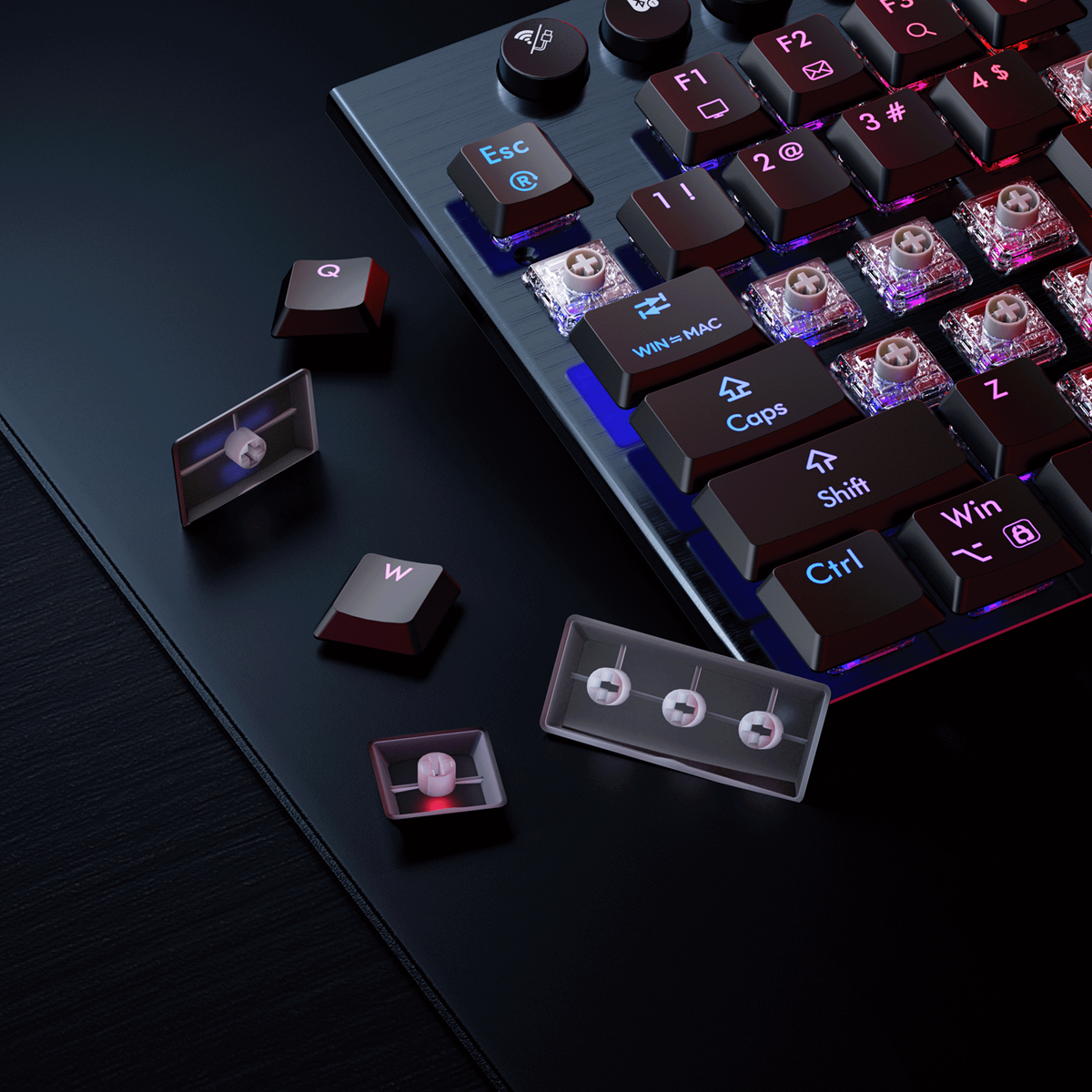
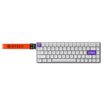
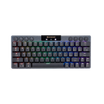
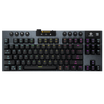
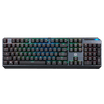

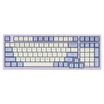

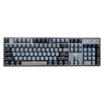
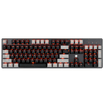
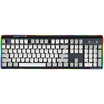
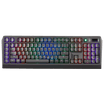
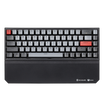
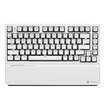
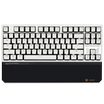
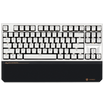
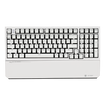
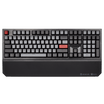
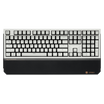

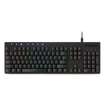
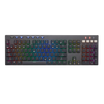
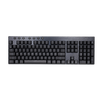

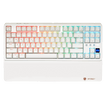
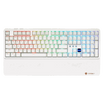
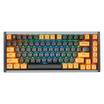
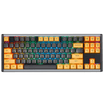
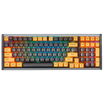
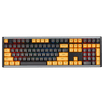
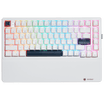
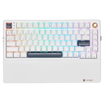
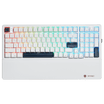
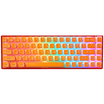
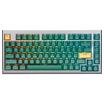
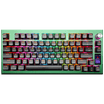

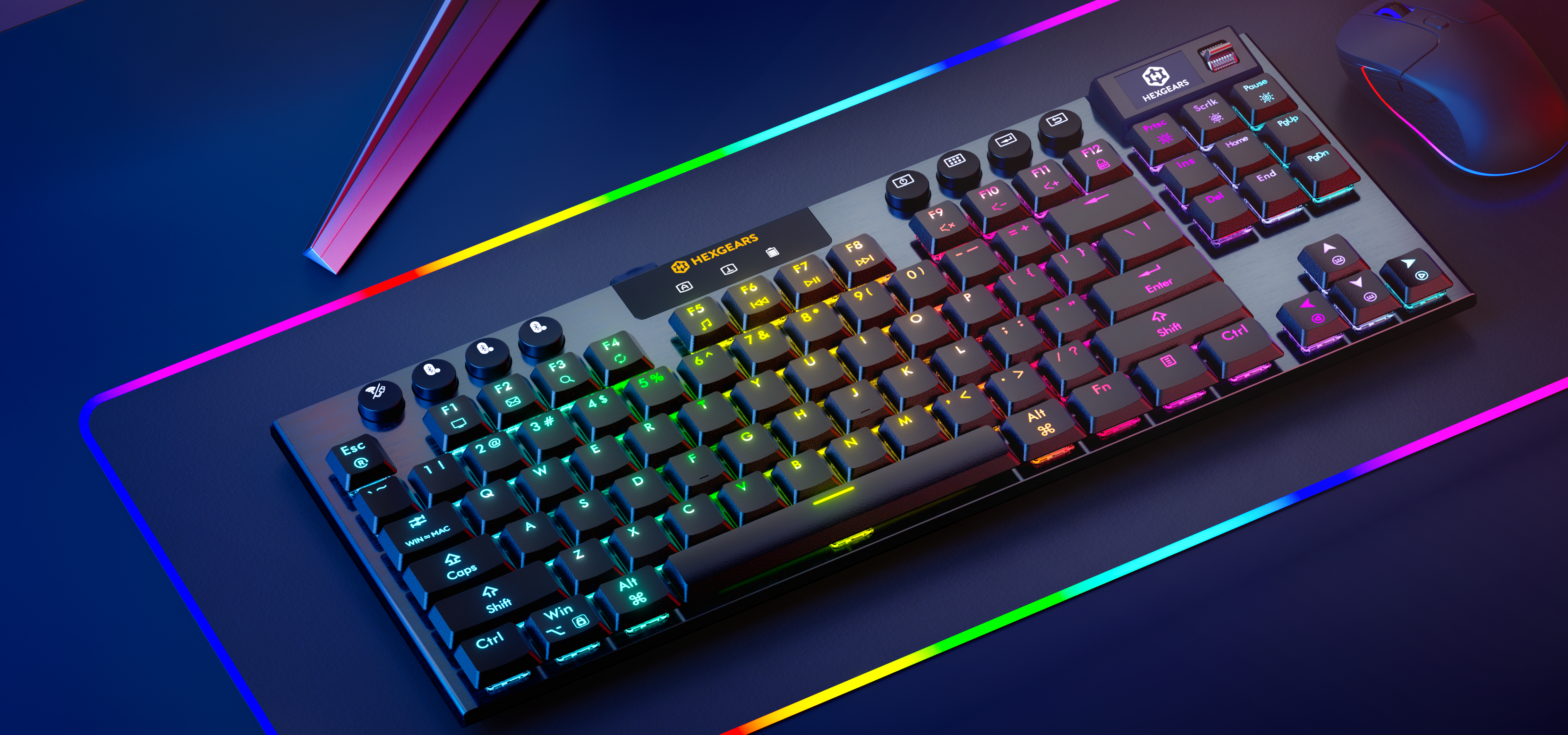


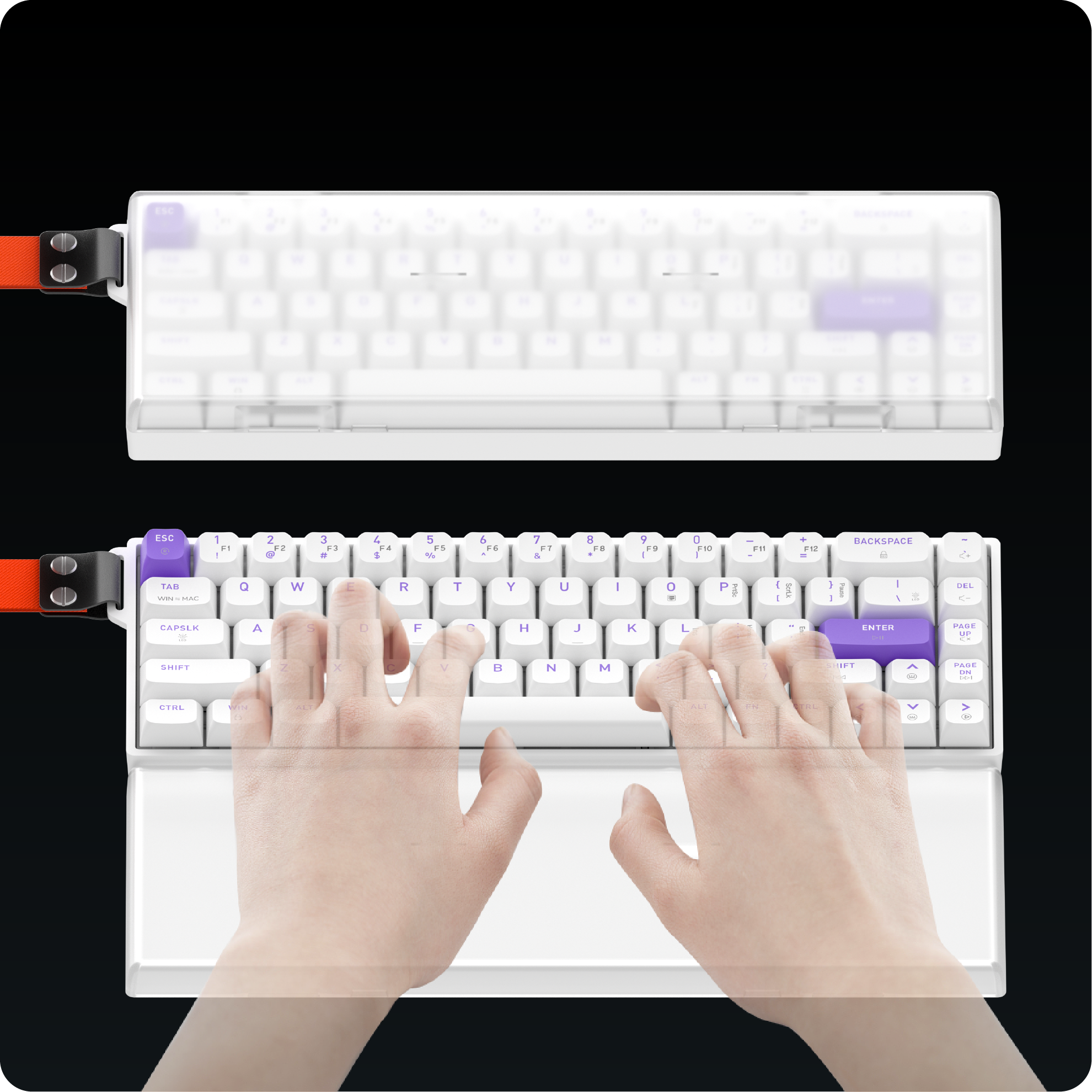
Leave a comment
All comments are moderated before being published.
This site is protected by hCaptcha and the hCaptcha Privacy Policy and Terms of Service apply.